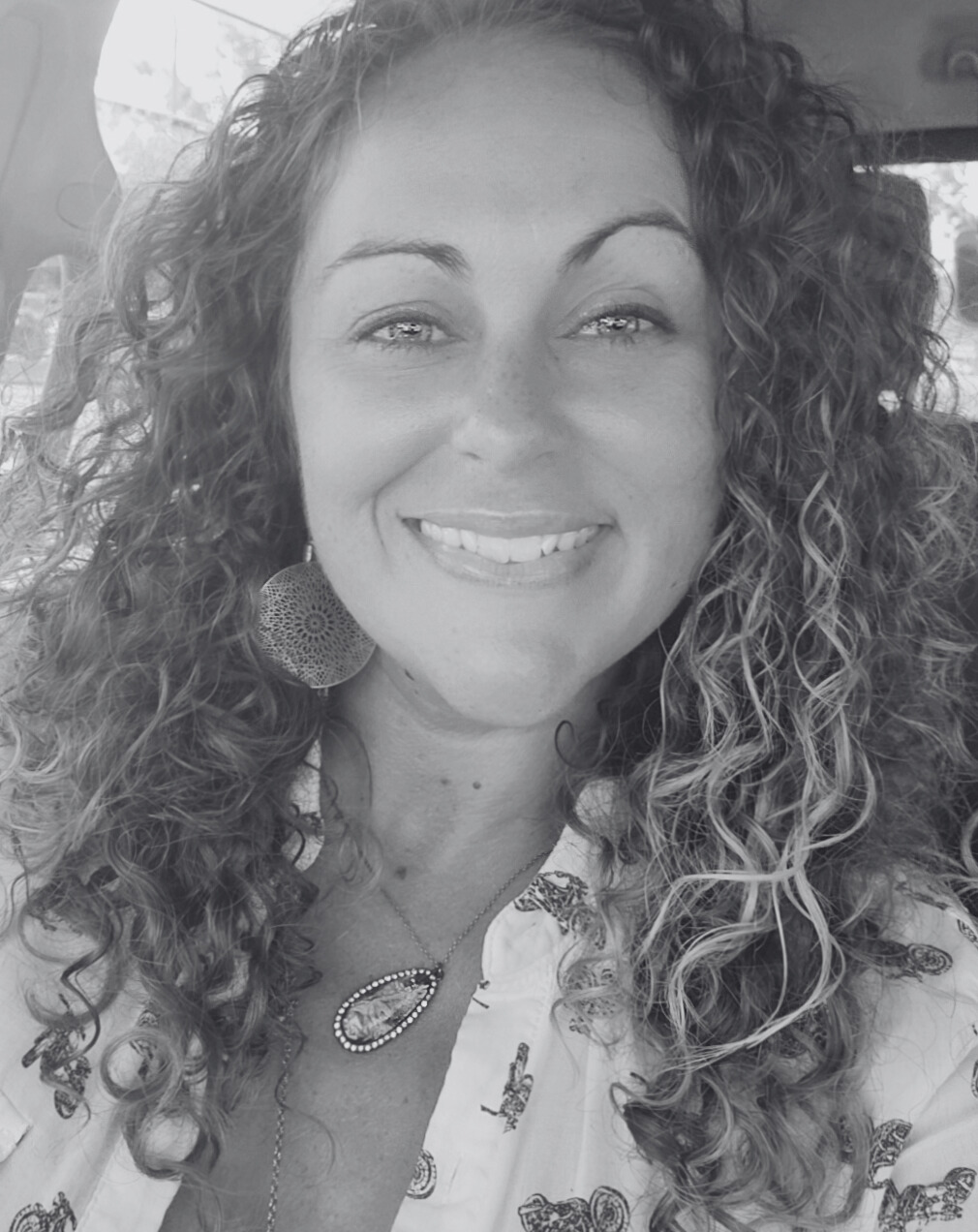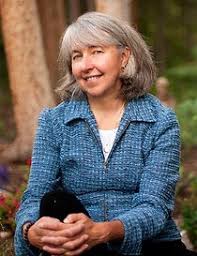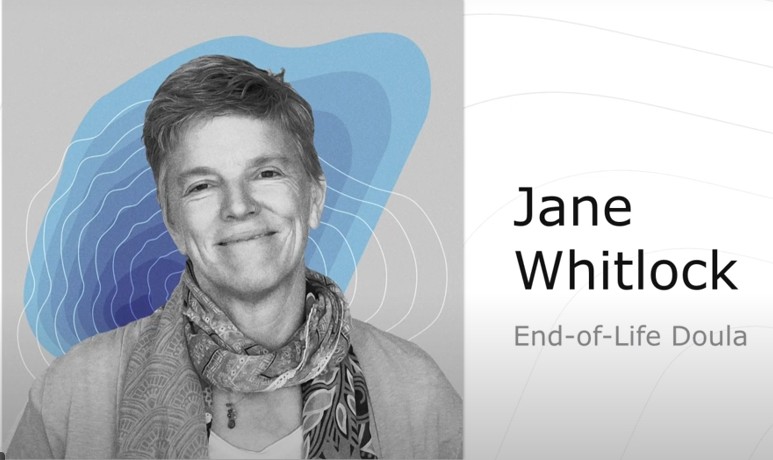
End of Life Doula & Advance Care Planning — Life To Legacy
Guiding care, legacy projects, and planning so memories travel on.

Common FAQ's for Living Well and Dying Well
“What happens when a death doula is present?” : Doulas educate and guide families and individuals on end-of-life options, including creating advance directives and what to expect during the dying process. A death doula is present to offer companionship, support, and a calming presence during a difficult time. They help open and maintain dialogue with the dying person and their family about hopes, fears, and wishes, ensuring that the person's voice is heard and their wishes are respected.
“How to have conversations about legacy?” - Help the individual reflect on their life and explore its meaning. This often involves creating legacy projects, such as writing letters to loved ones, compiling a memory book, recording life stories, or making keepsakes, to leave a tangible presence behind. Develop a detailed "vigil plan" for how the final hours or days will unfold. This includes tailoring the environment's atmosphere (lighting, smells, sounds, music), incorporating meaningful rituals or spiritual practices, and determining who should be present.
“Why talk about death when we’re alive?” - Acknowledging the finite nature of life can bring clarity and urgency to how we spend our time, prioritize relationships, and pursue our values. This awareness encourages living more intentionally and fully in the present moment. Open discussions about death can demystify the dying process, making it less frightening. Having these conversations can deepen connections with loved ones. Discussing death encourages essential practical planning, such as creating a will, establishing advance directives, and organizing affairs. This reduces stress for both the individual and their family members later on.
“How to plan for a meaningful end-of-life transition?” - Planning for a meaningful end-of-life transition is a holistic process focused on emotional, spiritual, and practical support to ensure the wishes are honored and peace is achieved. The core approach involves open communication, guided reflection, and detailed vigil planning. Discuss and document specific wishes for the final days. This includes healthcare preferences, such as pain management levels and desired care environment (e.g., at home), which can be formalized in documents like advance directives and living wills.
“When to hire a death doula?” - Ideally, as soon as you or a loved one receives a life-limiting diagnosis, but it is also beneficial to engage one at any stage of end-of-life planning. The best time is when there are many decisions to be made and complex emotional journeys to navigate, but a Death Doula can provide support and guidance for planning, creating a legacy, and preparing for what's to come, no matter the timeline.
“What’s the difference between hospice & doula?” - Hospice is a specialized form of medical care for terminally ill individuals with a prognosis of six months or less that mainly focuses on symptoms and pain management, emotional support, and ensuring comfort through medical treatments. A Death Doula is a non-medical provider who offers emotional, spiritual, and logistical support before, during, and after death focusing on holistic support, helping clients define their end-of-life wishes, legacy work, and providing emotional comfort to the dying and their loved ones.







